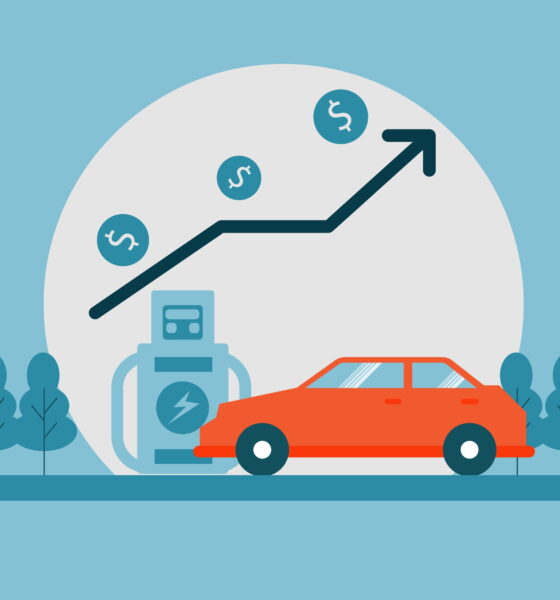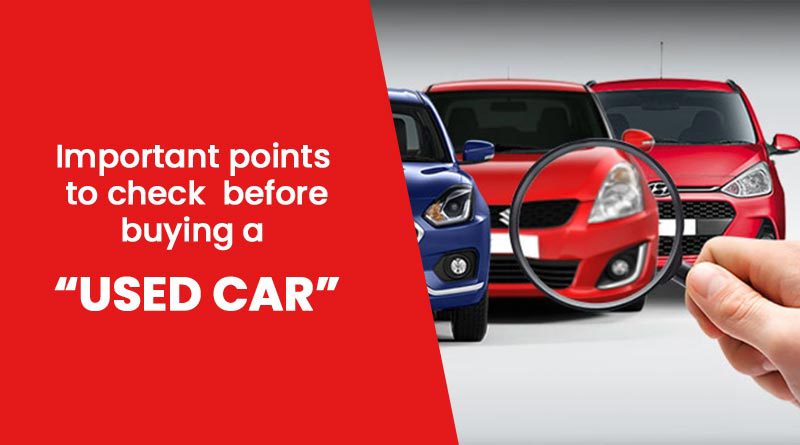Important points to check before buying a used car
The used car market in India is rapidly expanding. Buying a secondhand car is an excellent option if you are a new driver or have a limited budget. With new vehicles losing value the instant they roll out of the showroom, you may save a lot of money even if you buy a car that is only a few months old. For others, buying a used car opens up a wide range of options to fit a limited budget. However, there is always a lingering uncertainty about investing in someone else’s old, potentially damaged car. We’ve compiled a comprehensive list of everything you should look for before purchasing a used car.
Points To Remember Before Buying A Used Car
Condition
Run a thorough inspection of your shortlisted cars. An experienced mechanic will point out any external cover-up and whether the engine and other parts are worth the price. The older the vehicle, the more probable it will have minor issues and a scarcity of spare parts. Examine the interiors, framing, tires, and mileage carefully. Test-drive the vehicle on various roads, such as highways, tiny streets, U-turns, and so on, to gain further information about its performance, suspension, and maneuverability.
Budget

Determine how much money you want to spend on the car. Sales staff and brokers are trained to convince buyers to make purchases that are beyond their means to maximize their earnings. It is your responsibility to be vigilant, stay grounded during the purchase, and take everything said to you with a grain of salt. If you decide to get a car loan, keep in mind that interest rates on used car loans are typically higher than those on new car loans. Consider taking out short-term loans with reduced interest rates.
Registration Documents
Is the seller the true of the vehicle? Is this the first or second time you’ve resold it? The number of times the car has been sold is indicated by the Owner’s Serial Number in the RC book or smart card. Has the owner paid all taxes and fees, including the road tax? Ensure that the seller provides you with other documents that must be confirmed, such as the original invoice, NOC from the car loan provider, and road tax receipt. When you and the seller sign RTO Forms 29 and 30, the car is transferred. In addition, the seller must file Form 28, which is the NOC for car transfer.
Car insurance

Check the car’s insured value in the policy. It will serve as a useful reference point for price negotiations. Keep track of the No Claim Bonuses over the last 2-3 years. Frequent claims may reflect multiple accidents necessitating car repair and maintenance. Transfer the seller’s car insurance policy into your name or purchase a new policy within 14 days of the car’s transfer.
Transfer of No Claim Bonus (NCB)
The NCB is given to the insured, not the insured vehicle. As a result, when the vehicle is transferred, the insurance policy but not the NCB can be transferred to the new owner. The difference on account of the NCB for the remaining policy duration must be paid by the new owner. The original owner, on the other hand, may use the NCB on a new car purchased by him.
Purchasing a used car can appear to be a difficult task. Do your homework and rigorously follow the following tips to be rewarded with a wonderful car that meets your needs and budget. Like this post? Don’t forget to check out our other short stories in our Quick Read section

